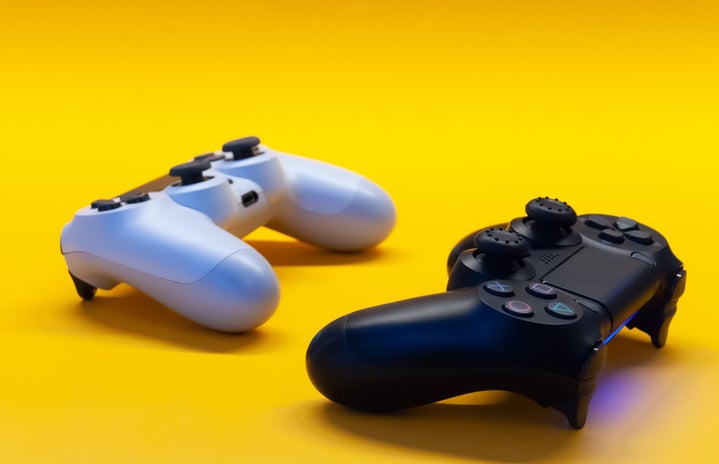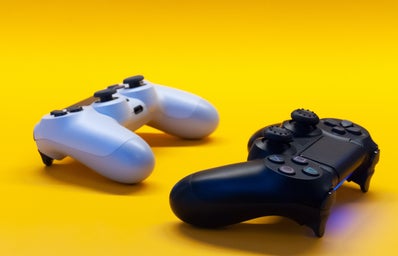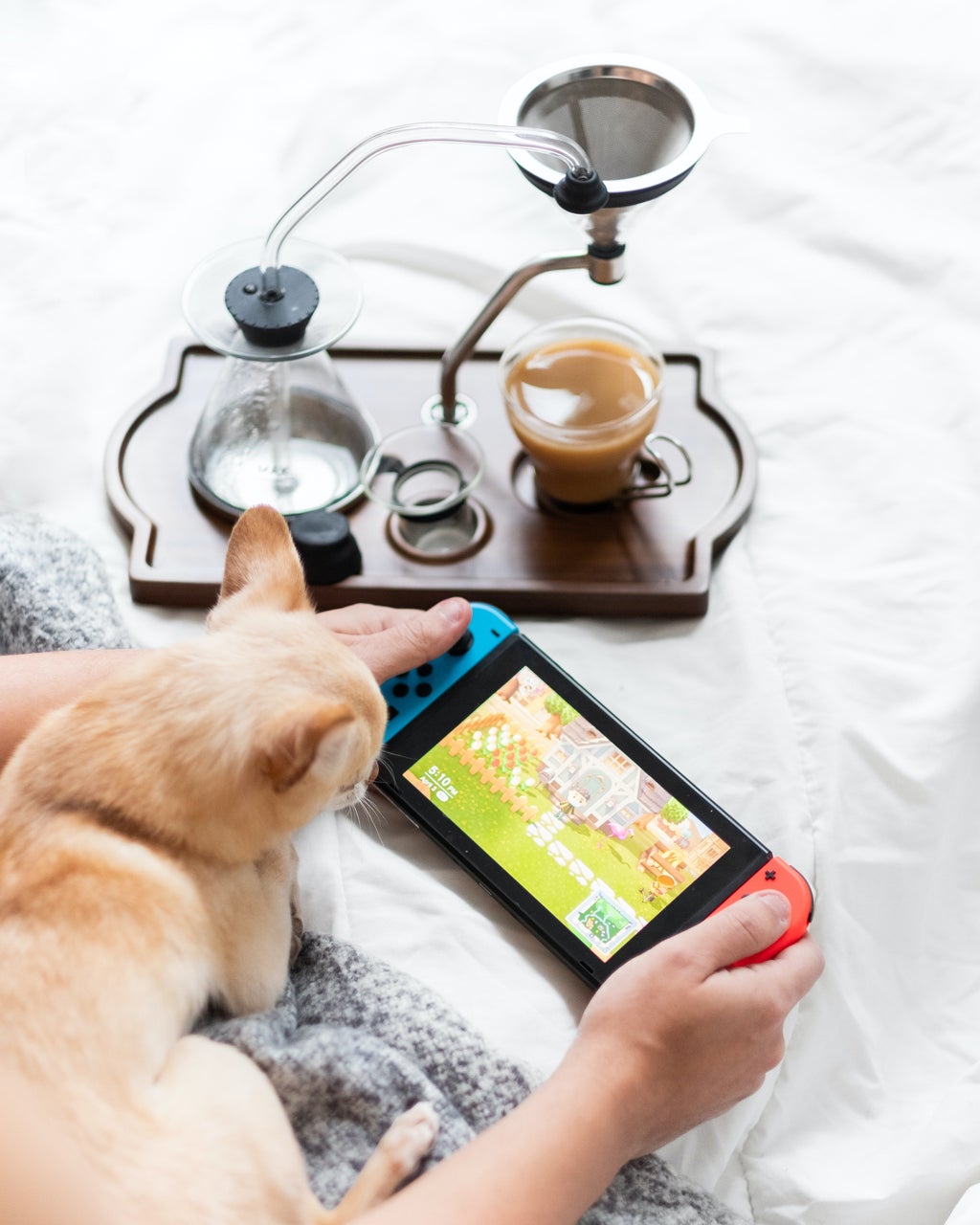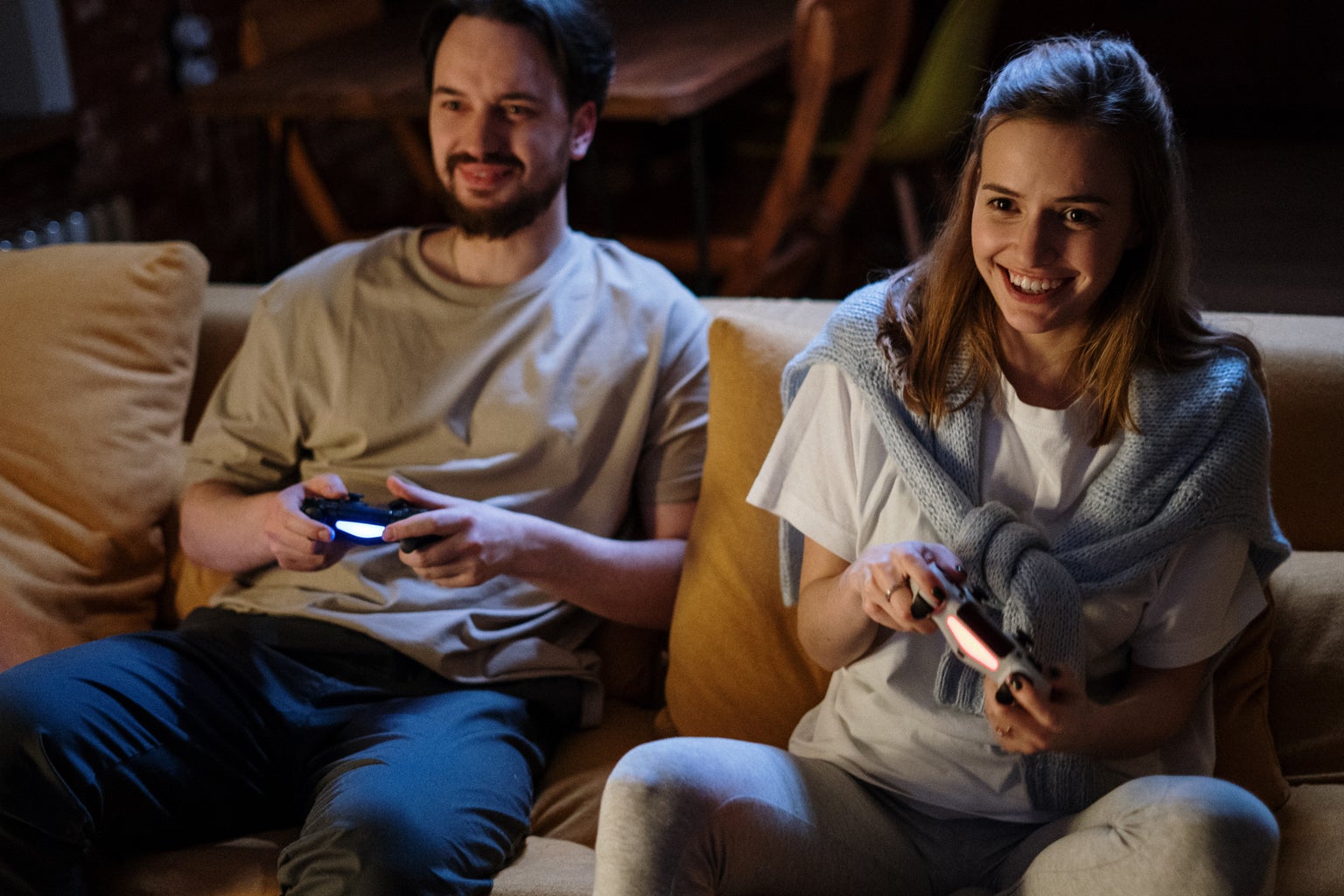One of my favorite pastimes is gaming. I love to wind down after a long day and play games I enjoy whether that be alone or with friends.
However, I have had my fair share of experiencing harassment while gaming just because of my gender. I would often get comments like “gg we lost because we have a girl” before the match even starts or receive unwanted comments.
Gender biases and the objectification of women in the gaming industry can feel discouraging. The video, “Do All ‘Gamer Girls’ Think the Same?” by Christal Raine, gives a good insight into the experience of being a woman in the gaming space.
Majority of the women in the video stated they were afraid to talk in voice chat due to the fear of experiencing toxicity, harassment and gender stereotypes. When asked to agree or disagree to the statement of “there’s been instances where my team hypes me up before I speak in voice chat, but then the tone changes once they hear I’m a girl,” all the participants in the video agreed.
Funnily enough, according to an article on Forbes, “Leveling Up the Gaming Gender Gap,” women make up half of all gamers globally. Recent stat segments of developers in the video game industry show as 61% men and 30% women, which showcases an increase in women playing a role in the industry.
The gender gap in the video gaming industry is closing as we see more women taking leadership roles in gaming development, publishing, management and content creation. However, one statistic that still needs to improve is the harassment and abuse that women encounter while gaming. Around 75% of women reported that they still experience harassment and 59% claimed to hide their gender altogether.
Where do these gender biases come from?
A question that always piqued my interest was where do these gender stereotypes come from? Why are men considered to be better at video games compared to women?
One factor could depend on the genre selection or preference of games between genders. For example, according to studies and genre breakdowns, women find first-person shooter (FPS) games significantly less engaging and less enjoyable compared to men. Women seem to prefer games that are more relaxed such as Animal Crossing, Sims or other roleplaying, story-based games (RPG).
Therefore, the stereotype that women are worse at playing video games compared to men derive from the competitive standpoint and in player vs. player (PVP) environments. This can be reflected in how competitive esports is dominated by male teams.
However, this should not justify the abuse and harassment that women experience while playing games online. A person’s skill and opinions should not be negatively judged or disregarded solely based on their gender.
What can we do to help?
One way that could help level out the playing field is to continue to spread awareness and support for women in gaming. This industry needs to continue having these discussions.
There are several organizations such as Women in Games, Girls Who Code, Black Girl Gamers and BroadcastHer that dedicate themselves to spreading awareness and support for gaming companies that provide diverse and nonsexist gaming environments.
By supporting women in the gaming industry, we can help and encourage those in leadership positions to set good examples to continue to foster inclusivity. Additionally, supporting women leaders in the industry can help to spread their stories and encourage other women to not be afraid to pursue a career in gaming.
Raising awareness and contributing to this ongoing discussion can do so much. So, let’s do so in order to level out the playing field.




